Conduct And Support Of Amphibious Operations From United States Submarines In World War II
Nonfiction, History, Germany, European General, Military, United States| Author: | LCDR Brian J. Haggerty USN | ISBN: | 9781786252890 |
| Publisher: | Verdun Press | Publication: | November 6, 2015 |
| Imprint: | Verdun Press | Language: | English |
| Author: | LCDR Brian J. Haggerty USN |
| ISBN: | 9781786252890 |
| Publisher: | Verdun Press |
| Publication: | November 6, 2015 |
| Imprint: | Verdun Press |
| Language: | English |
The U.S. Navy is building Virginia class submarines, and recently completed the conversion of four Ohio class submarines from Trident Ballistic Missile Submarines (SSBN’s) to Guided Missile Submarines (SSGNs). The Virginia class is the first nuclear powered fast attack submarine (SSN) that shipyards designed with SOF capability without requiring conversion. The SSGN conversion of the first four Ohio class submarines included substantial SOF capability. These construction and conversion projects represent a significant investment in SOF and amphibious capabilities, and they follow a long line of submarine conversions that began early in World War II. By analyzing three World War II operations, this monograph argues that knowing what actually happened in amphibious operations conducted and supported by American submarines in World War II provides valuable insight about the scope of capabilities, challenges and benefits of submarines for these kinds of missions in naval warfare. The first operation is an amphibious raid on Makin Atoll. The second involves the amphibious landings on the northwest Africa coast as part of Operation Torch. The final operation includes the landings on Attu Island in the Aleutian chain.
The U.S. Navy is building Virginia class submarines, and recently completed the conversion of four Ohio class submarines from Trident Ballistic Missile Submarines (SSBN’s) to Guided Missile Submarines (SSGNs). The Virginia class is the first nuclear powered fast attack submarine (SSN) that shipyards designed with SOF capability without requiring conversion. The SSGN conversion of the first four Ohio class submarines included substantial SOF capability. These construction and conversion projects represent a significant investment in SOF and amphibious capabilities, and they follow a long line of submarine conversions that began early in World War II. By analyzing three World War II operations, this monograph argues that knowing what actually happened in amphibious operations conducted and supported by American submarines in World War II provides valuable insight about the scope of capabilities, challenges and benefits of submarines for these kinds of missions in naval warfare. The first operation is an amphibious raid on Makin Atoll. The second involves the amphibious landings on the northwest Africa coast as part of Operation Torch. The final operation includes the landings on Attu Island in the Aleutian chain.


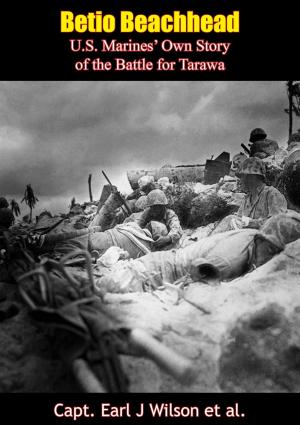
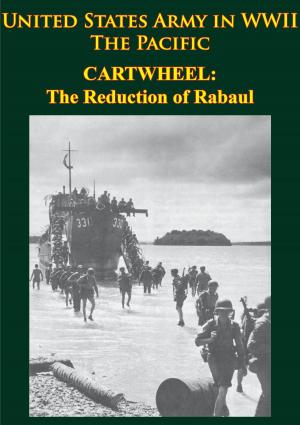
![Cover of the book Lost Victories: The War Memoirs of Hitler's Most Brilliant General [Illustrated Edition] by LCDR Brian J. Haggerty USN](https://www.kuoky.com/images/2015/november/300x300/9781786257758-yHGy_300x.jpg)
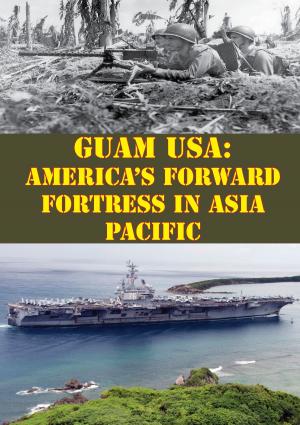
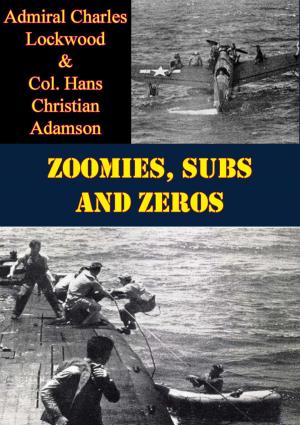



![Cover of the book Tanks In The Great War, 1914-1918 [Illustrated Edition] by LCDR Brian J. Haggerty USN](https://www.kuoky.com/images/2014/august/300x300/9781782899167-ojbB_300x.jpg)
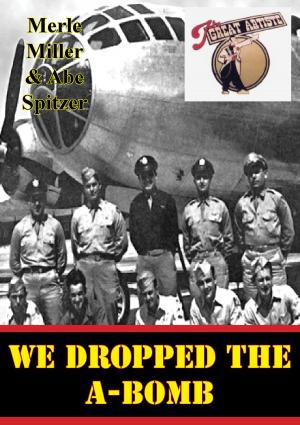
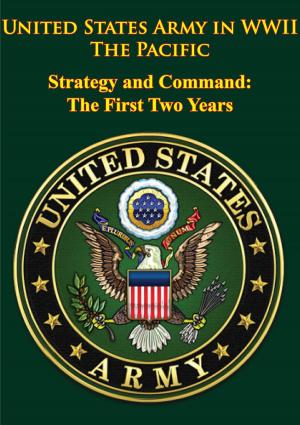

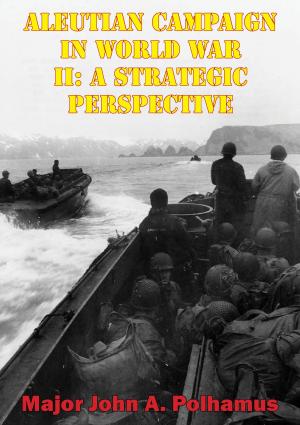
![Cover of the book At Close Quarters; PT Boats In The United States Navy [Illustrated Edition] by LCDR Brian J. Haggerty USN](https://www.kuoky.com/images/2015/november/300x300/9781786252067-v2lq_300x.jpg)